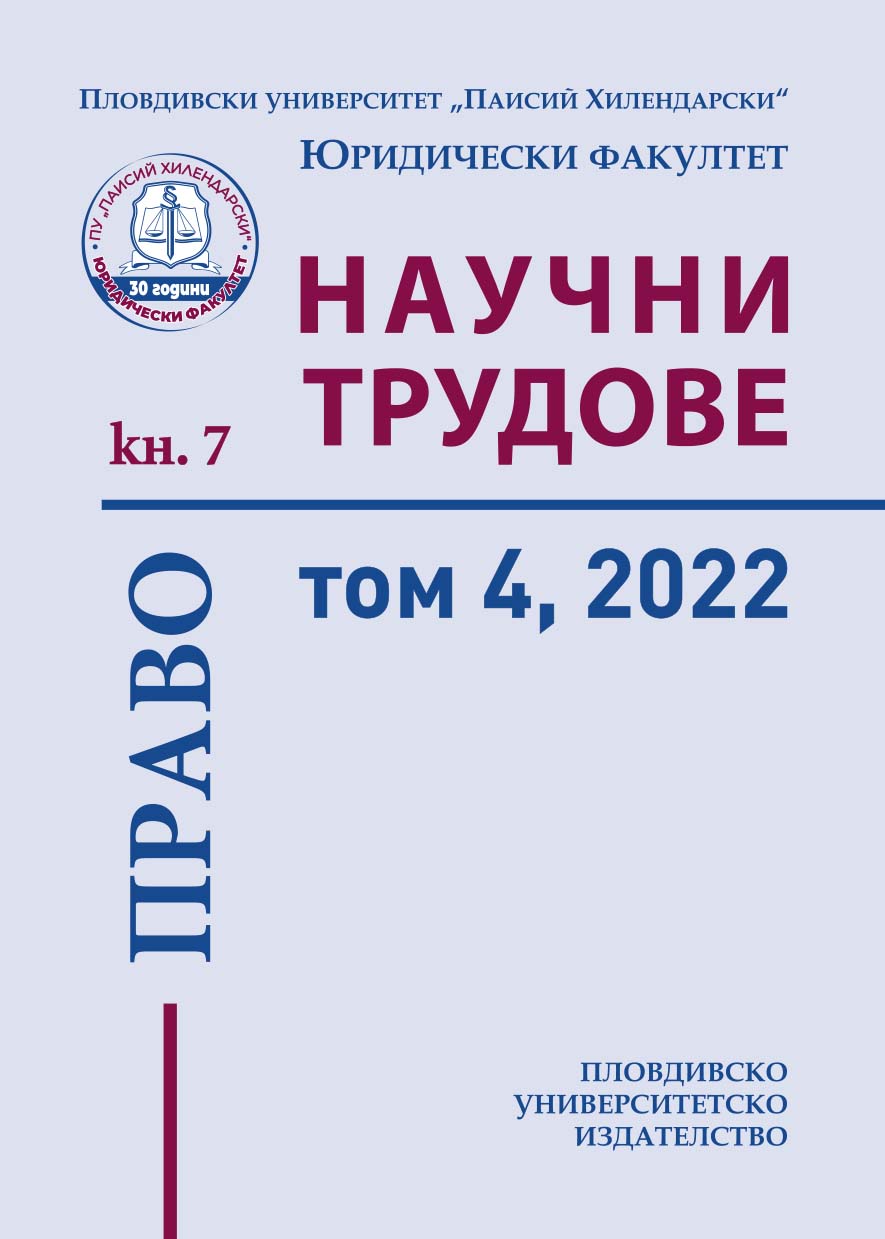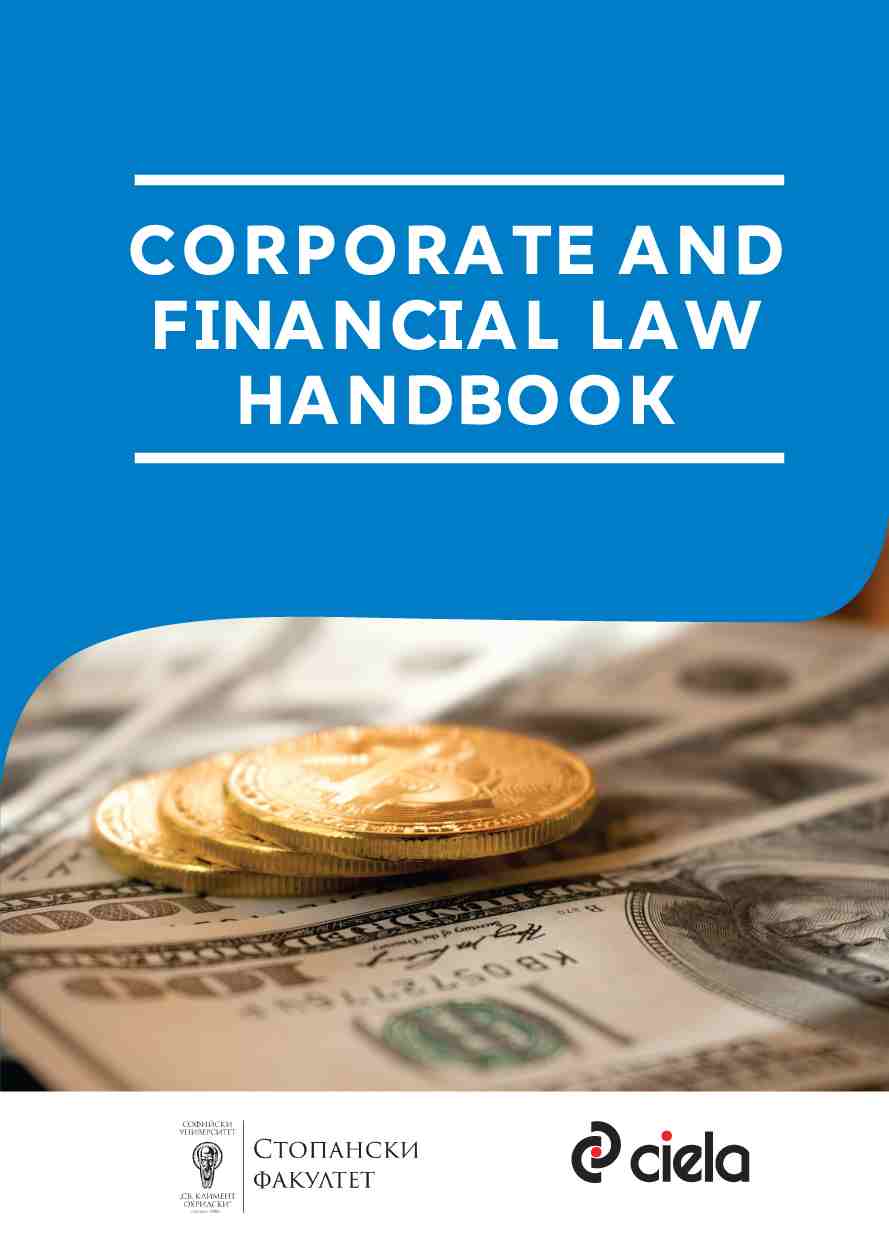
Covid-19 и отражението му върху гражданското и търговското право на България
The law is not a frozen regulator of public relations and it must take into account sudden changes in the reality. In 2020, 2021, and in the beginning of 2022, our country and the world were hit by a major medical and social evil – the pandemic of the deadly disease COVID-19. It led to a number of changes in the legal framework of various relations in all parts of law, but the most it affected private relations. The state had to intervene through different mechanisms to protect the rights of subjects of civil and commercial law. For the first time on the territory of our country a state of emergency was introduced by an act of the National Assembly. Deadlines were suspended, force majeure and economic frustration were applied, video conferencing was introduced in court proceedings. It is important for science to pay attention to the specific manifestations of these phenomena and to study their application in the justice. Although most of the processes are related to a past stage, they remain relevant, because the events of early 2022 portend turbulent and risky days, no less safe than the already ending pandemic. The dangerous epidemiological situation is being replaced by a worrying high-risk inflation situation fuelled by a military conflict. The red light is still on.
More...

